Honoring Ancestors and Tradition: A Qingming Feast for the Senses
Qingming Festival, also known as Tomb Sweeping Day, is a traditional Chinese holiday that is observed on the 15th day after the spring equinox (around April 4th or 5th). The holiday dates back more than 2,500 years to the Zhou dynasty, and is a time for Chinese people to pay their respects to their ancestors and loved ones who have passed away.
The holiday is rooted in the belief that the dead are still a part of the community, and that they must be honored and cared for in order to ensure their continued well-being. During Qingming Festival, families come together to visit the gravesites of their ancestors, clean and repair the graves, and make offerings of food, incense, and other items.
One of the traditional foods associated with Qingming Festival is Qingtuan, which are glutinous rice balls with sweet bean paste filling. The dish is said to have originated in the southern region of China, and has been a part of the festival for centuries.
Qingtuan is a delicious and meaningful dish that is enjoyed during Qingming Festival. The sweet bean paste filling represents the connection between the living and the dead, and the sesame seeds symbolize the hope for a fruitful future. In addition to Qingtuan, other traditional foods that are enjoyed during the holiday include savory cakes, spring rolls, and boiled eggs.
But Qingming Festival is not just about food. It is also a time to appreciate the beauty of spring and nature. During the holiday, many people take the opportunity to visit parks and scenic areas to enjoy the blooming flowers and fresh air. In addition, the holiday is an important time for people to reflect on their family history and the importance of family ties.
In recent years, Qingming Festival has also taken on a new meaning, as people use the holiday to express their love and gratitude to healthcare workers and first responders who have worked tirelessly during the COVID-19 pandemic. In 2020, many Chinese people used the holiday to pay tribute to the doctors, nurses, and other frontline workers who have risked their lives to save others.
To wrap up this mini post, and what I hope I can expand on in much more detail later, Qingming Festival is a time-honored holiday that is rich in tradition and meaning. It is a time to honor the memory of our ancestors, enjoy the beauty of spring, and reflect on the importance of family and community. And for those who enjoy food, it is a time to savor the delicious flavors and textures of traditional dishes like Qingtuan. Try out the recipe below or let me know if you have some of your own versions or traditions! I’d love to read them!
Qingtuan (Glutinous Rice Balls with Sweet Bean Paste Filling)
Ingredients:
2 cups glutinous rice flour
1/2 cup hot water
1/2 cup cold water
1/2 teaspoon matcha powder
1/2 cup sweet bean paste
1/2 cup sesame seeds
Instructions:
In a large mixing bowl, mix the glutinous rice flour with the hot water until well combined. Add the cold water gradually and knead until the dough is smooth and pliable.
Divide the dough into two portions. Mix one portion with matcha powder until evenly colored.
Roll the plain dough into small balls about the size of a ping pong ball.
Flatten each ball with your fingers and place a small amount of sweet bean paste in the center.
Take a small amount of the matcha dough and roll it into a thin disc. Wrap the disc around the filling and shape it into a ball.
Repeat with the remaining dough and filling.
In a shallow dish, spread out the sesame seeds.
Roll the glutinous rice balls in the sesame seeds until well coated.
Place the balls on a steaming plate and steam over high heat for 10 minutes.
Serve the Qingtuan hot or cold.
Pssst I’ve added a link to another site that I think has a great recipe and write-up! You can visit it here !



